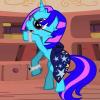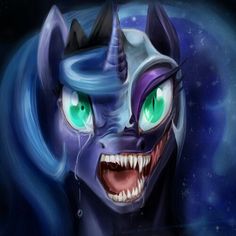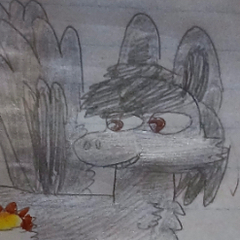There are a multitude of reasons people might not be able to get into emotional situations in media.
As an amateur writer (I've done some stuff for D&D with my friends) I make sure to check off three specific factors to ensure my audience feels what I am trying to convey,it's just my personal style.
1.) The audience must feel an attachment to the character experiencing the trauma. In my D&D writing, this is the easiest part if the character having a hard time is a PC since the audience themselves are quite literally a part of that character, if it is in a game, however, this may be more difficult, as the audience is forced to play as a character they did not have total control over. In a way, they are simply "borrowing" your character, so you have to make sure that your audience can relate to them, many techniques to perform this task include dialogue trees, customizable characters, and branching story paths to make it feel like you have an impact on what your character is going through (with the exception of the Stanley Parable... which uses branching story paths to make you start forming that emotional attachment to the story, only to tear it away when it reminds you that it's all a game, and none of the choices are really yours, but only the things the programmer allows you to do.); but if it is an NPC or a character in a book, movie, or show, it can be a little harder to form an attachment to something you have no control over. In this case, you must at least at first, introduce the characters with a problem that everyone can relate to, or a personality that everyone defaults to feelings of joy with. This is why the characters that people often love the most are characters like those form the persona series, who all have very real issues that almost everyone have faced at one time or another, from choosing a path in life that you might not enjoy only because you feel like everyone expects you to, to struggling with sexual identity, or from the latter option, Toriel from Undertale was designed to have the personality of a mother, a figure which most people could never bring themselves to foster any negative feelings towards due to childhood nostalgia of simper times.
2.) The audience must have an interest in the story at hand: If nobody cares about the story, or if the story becomes too convoluted, the audience will not feel anything but confusion or boredom whenever anything that is supposed to be emotional happens. Think about the really dry books you were forced to read in school... Did you really care when Cardboard personality #12 whom was apparently the protagonist's great uncle or something kicked the bucket? Of course not! The story sopped making sense a long time ago, and it stopped being interesting a looooong time ago. If anything you're happy that he's dead because if they kill off all the characters, then the story will finally end already.
3.) The audience must understand the gravity of the situation. It's the reason that villains monologue so much. If the bad guy is just some schmoe who's gonna nuke the world, then he just seems like another boss to kill for exp... Let's take a look at Undertale once again.... Also, spoilers, so be careful. I'll still try to make it vague as possible. If you die to a random monster, the same event will happen as if you die to king Asgore... But of course the final fight with Asgore is gonna feel more epic!The mood was set properly. Monsters tell you why they have been trying to hunt you down as you walk through the halls of the castle, until at last, you meet the king himself, who seems sad... Perhaps lonely even, as he leads you to the barrier. He gains a defeated expression as he reluctantly fights you, unable to even look you in the eyes... Then let's compare this to the genocide run even, where the fight with Undyne overshadows the fight with Asgore. If the proper party wins, you're still looking at the same occurrence, the destruction of humanity, yet the amazing speech Undine gives before going absolutely bonkers in difficulty and the concentrated amounts of determination she gives off far surpasses even the grande feel of the fight with king Asgore.
A lack of any of these points can ruin an emotional scene for the audience. Using your FF7 reference, we have a character who's personality is predetermined, even in the dialogue choices we're given. And although we can name them whatever we want, we all know he has a cannonical name of "Cloud", so it is not easy to relate to the character in personality. second, the plot of FF7 is notoriously confusing... To the point where Starbomb even wrote a song about it... So we cannot really relate to the emotion there either. The third point, however, FF7 nails pretty well in my opinion. The flower girl is your only hope of defeating Seph- oh.... Oh ..... OH! Welp, time for plan B!
But without the first two points being met, many people find a disconnect from the story that prevents them from being moved by such plot twists. Even if the urgency of a situation is spelled out for them, they find it hard to get into because they cannot immerse themselves in the characters or story. It'd be like someone randomly coming up to you and saying "I heard there was a fire here once" compared to actually being in a burning building. You don't really get the same effect.










.thumb.png.c9c0c9c8e025aa1f55d7500b00c189d2.png)